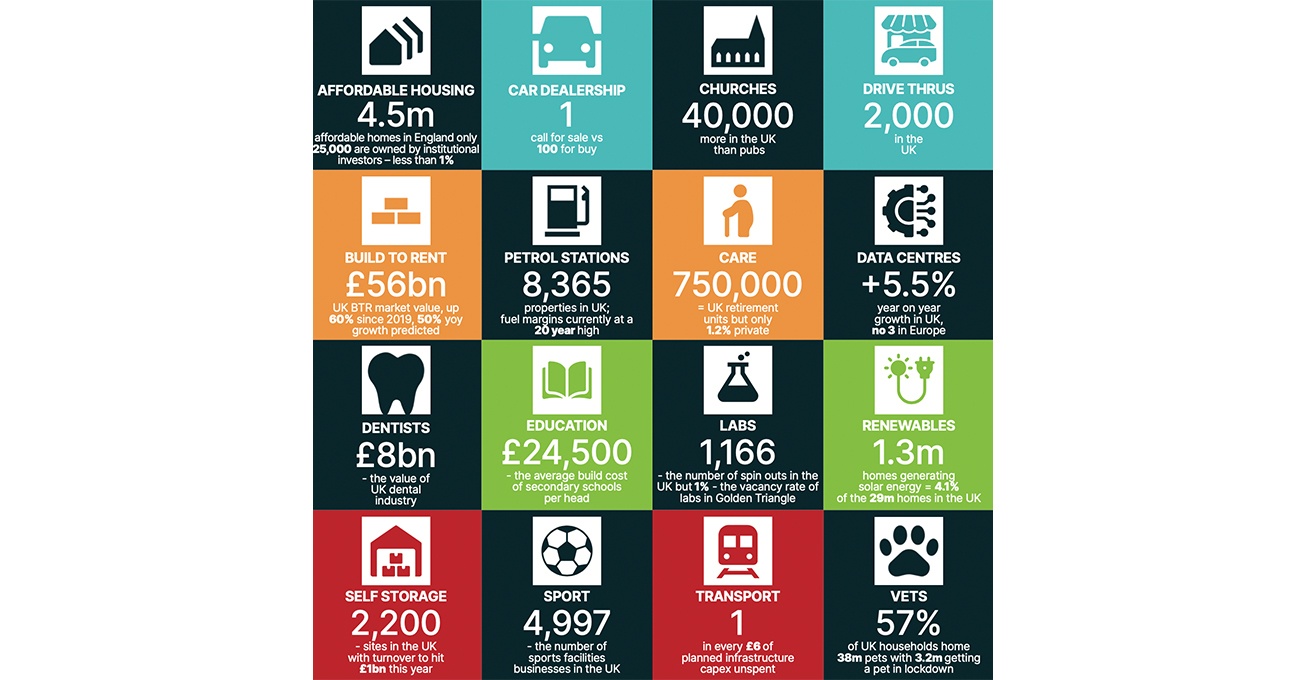 There’s no doubt that spending money can be more fun than saving in the short term. But over time, neglecting saving can put you into serious financial difficulty and limit your options in life, not least while the cost of living remains so high.
There’s no doubt that spending money can be more fun than saving in the short term. But over time, neglecting saving can put you into serious financial difficulty and limit your options in life, not least while the cost of living remains so high.
Still, with a little planning and practical action, you could soon go from spender to saver. You’ll feel better for it too, hitting long-term life goals while making everyday decisions with greater confidence.
Below, read five essential tips for curbing your spending and boosting your savings.
Get on top of your budget
Budgeting is the foundation of sound financial management. Without it, it’s impossible to know exactly what’s coming in and going out and where you’re heading overall.
Start by noting down all your income and outgoings for the month, including bills and food as well as your regular non-essentials, like TV and gym memberships, plus irregular costs such as gifts.
There are plenty of mobile budgeting apps and features that can make this part easy.
Set financial goals
With a better view of your financial position, it’s time to set some savings goals. Having clear goals will help you understand how much to save as well as motivating you to do it in the first place.
You might have short-term savings goals, like a new pair of shoes or a holiday, as well as longer-term goals such as a house deposit or wedding. Whatever the case, making it personal and specific will help it stick!
Separate your money
Another practical tip is to simply keep your savings separate from the money you use for regular spending. This way you’ll be less likely to dip into it on impulse (or by accident!).
Most people open a separate savings account for this purpose, gaining interest on their savings in the process. Setting up recurring automatic payments into this account will make the process even easier.
Save sensibly and consistently
Trying to save beyond your means can quickly make life tougher than it needs to be. On the other hand, it doesn’t make sense to avoid saving altogether just because you don’t have large amounts to put aside.
Instead, aim to save realistic sums consistently. Just like rolling a snowball, even small savings can soon accumulate!
Reward yourself
Finally, it’s important to reward yourself occasionally to stop yourself from growing to resent saving. If you hit a major milestone like building up a certain size emergency fund, for example, take a temporary break from saving that month.
Similarly, if you hit a savings target with a specific purchase in mind, make sure to follow through and buy it. Planned spending can feel extra rewarding if it’s been months in the making!
Over a third of UK adults have no savings or less than £1,000 in a savings account. But with these tips in mind, you’ll be better placed for a brighter financial future.






